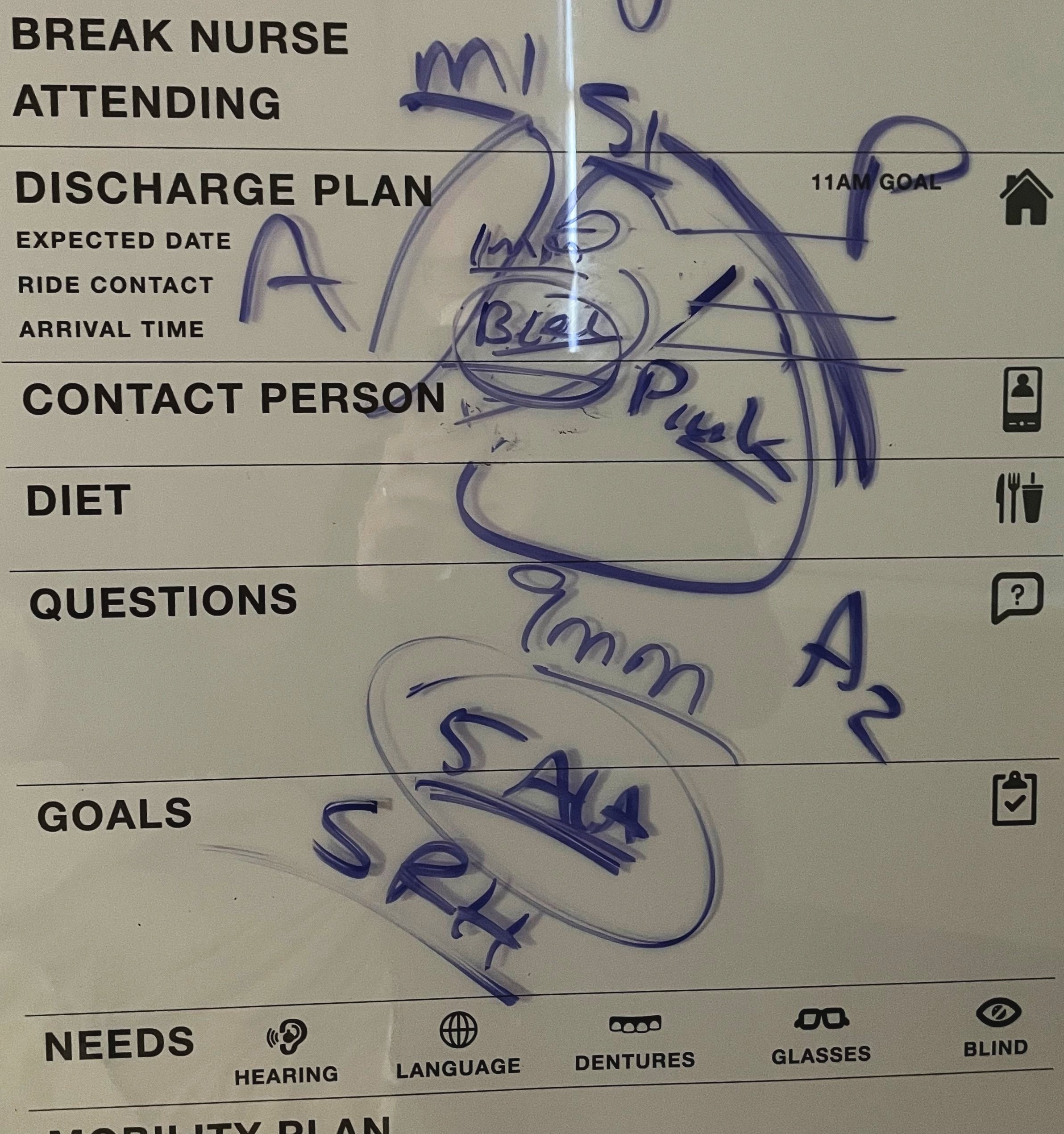
Patient & Researcher Blog
Here I aim to capture what I am learning as a newbie researcher from a patient perspective.
Living with a slow growing brain cancer
It is taboo for researchers to talk about their work before it is published.
I think that’s a bummer.
My favorite part about research is learning new things in real time. Here I share my observations as a learner and my n of 1 (personal) findings as a patient.
Note: I started blogging about brain cancer in 2008, at age 29.
I had no background or knowledge about healthcare when I began. Please excuse typos and other misconceptions. What you read here is me in real time, like a time capsule.
There are more than 500 posts here. Use this search to look for something specific. Good luck!
Nobody knows you’re a patient: Getting used to identifying as a researcher
This sense of being an outsider is due in part to imposter syndrome, and in part due to not having many people who look like me in research. And by “look like me,” I mean people who successfully entered the realm of research through a nontraditional path… as a patient first.
What is Epic’s “Share Everywhere,” and how should patients use it?
Can you share your medical records with anyone, anywhere? That's the intent of "Share Everywhere," a feature of the Epic electronic health record company that allows patients to share their MyChart record with healthcare professionals outside of their home network. But how does Share Everywhere work?
Dear hospitalist: Hello from a former patient
I was only your patient for a few days, but your willingness to stay in touch during a crucial time changed my life forever.
Major life update: From patient to patient-researcher
I am still that punk rock drummer turned brain cancer patient—but now I work for an academic medical center on research and research dissemination.
Breaking down the barriers to clinical trials
We have a problem with clinical trials for people with brain tumors: Not enough people are enrolling in clinical trials, and many trial sites fail to meet enrollment needs required to conduct trials.
Spoiler alert, I'm still alive: 10 years later
I have had a brain tumor for one quarter of my life. I am the same person I was before but I am completely changed.
Precision medicine and brain cancer
The big question is, which trial is the right one? Will I be that unicorn patient who might live a life that is statistically longer than the current patient population? And with the cognitive decline that comes with brain cancer, would this be a kind of life I’d want to live?
Is there such thing as too much information when it comes to our medical history?
Is it possible I provided too much information for my medical team? Yes, but I believe it better to share everything and leave it to the professionals to weed out extraneous details.







